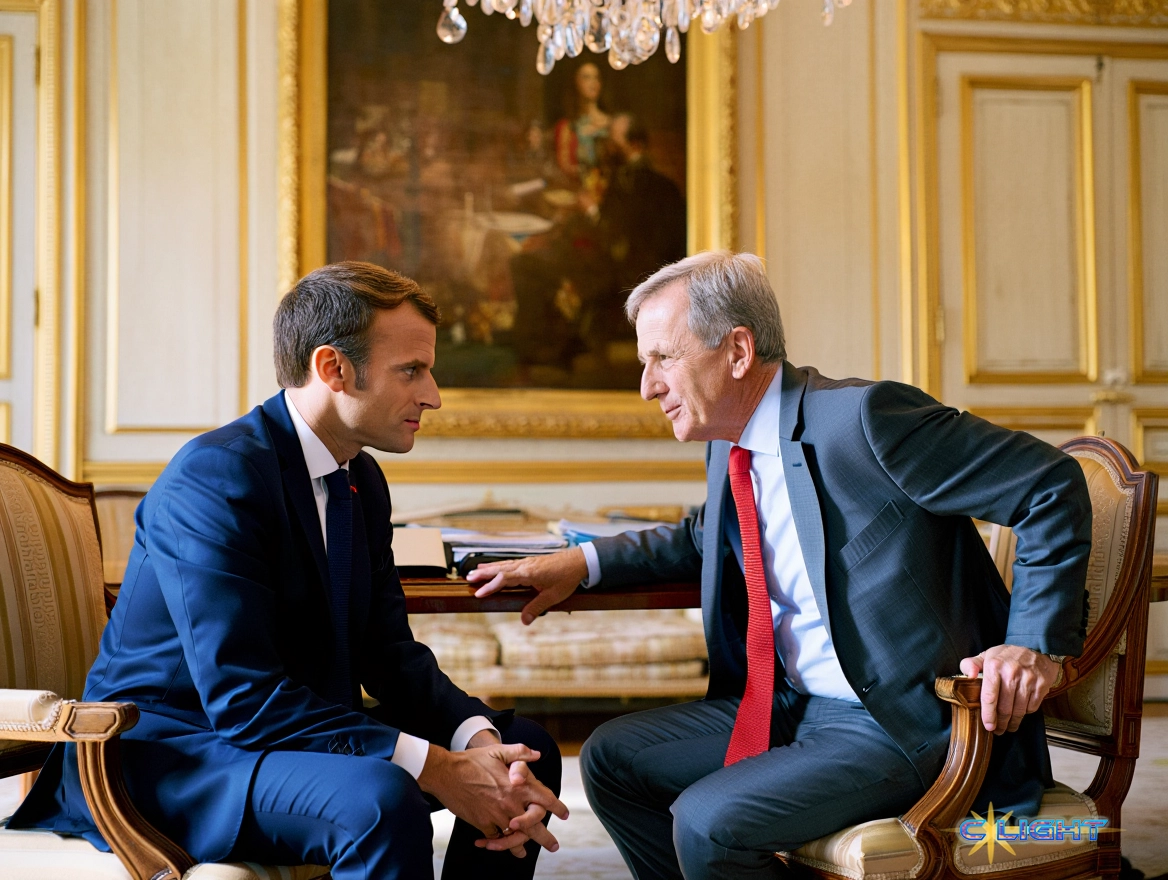4 minutes read time.
While the global spotlight is intensely focused on the two men meeting in Anchorage, the summit is not taking place in a vacuum. It is a geopolitical event being watched with a volatile mix of hope, dread, and strategic calculation by nations across the world. From the capitals of Europe, where the war in Ukraine is an existential threat, to the corridors of power in the Global South, where the conflict is viewed through a more distant and multipolar lens, the world is not a passive audience. It is an active, if anxious, participant, attempting to influence, manage, and interpret a summit that could reshape the international order.
For the European allies, the run-up to the Alaska meeting has been an exercise in high-stakes, direct, and at times, defiant diplomacy. Operating from a position of deep historical anxiety regarding Russian aggression and a well-founded skepticism of the Felonious Punk’s transactional style, leaders like French President Emmanuel Macron, German Chancellor Friedrich Merz, and U.K. Prime Minister Keir Starmer have engaged in a full-court press to fortify the Western position. Their primary objective has been to prevent Ukraine from being sacrificed for the sake of a superficial deal that serves the Felonious Punk’s domestic political needs.
This effort culminated in a tense, hour-long video conference that revealed the raw nerves of the transatlantic alliance. According to sources familiar with the call, President Macron took a particularly “very tough” stance, directly confronting the Felonious Punk with the strategic reality that granting Putin a summit on U.S. soil was, in itself, a massive concession. The assertion, a clear breach of diplomatic niceties, reportedly angered the American president. This moment of direct confrontation underscores the seriousness with which European leaders view the situation. They are not merely offering advice; they are actively attempting to set firm guardrails for a president they know to be unpredictable. Their core policy objective has been to extract a meaningful commitment on post-war security guarantees for Ukraine, and they achieved a small breakthrough when the Felonious Punk reportedly agreed to U.S. participation in a non-NATO framework, a move one official called a “big step forward.”
In stark contrast to this intense, hands-on engagement, nations of the Global South are playing a more cautious and distant game. South Africa provides a compelling case study. In the weeks prior to the summit, President Cyril Ramaphosa engaged in a flurry of calls with Putin, Zelenskyy, and the Felonious Punk. On the surface, this appeared to be the work of an engaged and neutral mediator. However, as reporting from The Daily Maverick and analysis from regional experts suggest, the reality is far more complex and perhaps more cynical.
Many experts view South Africa’s involvement less as a genuine peace initiative and more as “diplomatic name-dropping.” The primary motivation, they argue, is not to solve the Ukraine crisis, but to curry favor with Washington and find leverage in ongoing disputes over U.S. tariffs. While the Kremlin and Kyiv both publicly expressed appreciation for Ramaphosa’s efforts, analysts like Samuel Ramani of Oxford University believe these were merely polite diplomatic gestures. South Africa’s most concrete role has been in humanitarian efforts, such as attempting (so far unsuccessfully) to facilitate the return of Ukrainian children abducted by Russia. This divergence between high-level diplomatic calls and a lack of tangible influence highlights the difficult position of middle powers in this conflict. They are impacted by secondary effects like food insecurity, but lack the direct leverage to shape the primary outcome, forcing them to navigate a careful balancing act between Moscow and Washington.

This contrast between the European and Global South approaches reveals the fractured state of the international response to the war. For Europe, the conflict is immediate and existential. A Russian victory in Ukraine would fundamentally destabilize the continent. For many nations in Africa, Asia, and Latin America, the war is a distant conflict between great powers, and their primary goal is to protect their own interests from the fallout. This has led them to initiatives like the China-Brazil peace plan, which Zelenskyy has rejected as being too favorable to Moscow, further underscoring the deep divisions on what a “just peace” would even look like.
As the summit proceeds, the world watches from these varied positions of interest and influence. European leaders will be monitoring every nuance for signs of a deal that compromises their security. Nations in the Global South will be calculating how the outcome affects their own relationships with the superpowers. And in Ukraine itself, the people will continue to fight and die, their fate being debated thousands of miles away. The Alaska summit, therefore, is more than a meeting between two men; it is a stark reflection of a fragmented global order, where alliances are strained, new powers are cautiously asserting their influence, and the very definition of peace is fiercely contested.
Discover more from Clight Morning Analysis
Subscribe to get the latest posts sent to your email.










